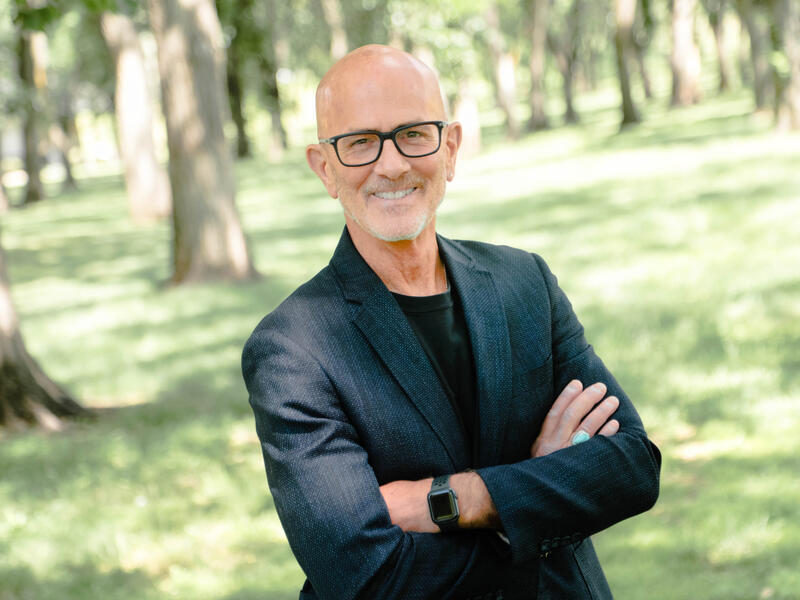Mike Seminary is a former mayor of Bismarck, North Dakota, and an avid runner.
He typically logs several miles a day, a routine he’s had since college.
“I’ve probably ran five miles a day since the ’70s,” said Seminary, who is now in his 60s. “Excluding severe or dangerous weather conditions, I rarely miss a day.”
Along with lacing up his shoes and setting his stride, Seminary said he’s taken pretty good care of himself through his diet. So when his doctor at Sanford Health told him he had high cholesterol levels and should consider getting a cardiac calcium score test, he was surprised, despite having a family history of high cholesterol.
Schedule a screening: Heart screenings at Sanford Health
“I eat pretty well, I take good care of myself and I didn’t schedule that test for whatever reason,” he said.
In November of 2019, Seminary was scheduled for surgery on his elbow. At the pre-surgery consult, his cholesterol levels were even higher. But it wasn’t until late January when he finally decided to make the appointment after a chance conversation at his local car dealership.
“I’m having my car serviced and waiting for the guy to pick me up,” he explains. “As he’s driving me to my office he tells me that he just had a calcium score test and they scheduled a bypass that same day. I called the doctor right away and said, ‘Let’s get it scheduled.’”
Using a specialized X-ray test, a cardiac calcium score measures how much calcium-containing plaque has built up in artery walls. The higher the number, the more plaque. This can cause artery blockage and increase a person’s risk for a heart attack or stroke.
“The test is really simple and took about two to three minutes,” Seminary said. “They lay you on a table, put a machine over you and you’re done.”
After his test, Seminary got his results back an hour later.
“The preferred range is somewhere between 300-500,” he said. “My score was just south of 1,400.”
His care team at Sanford Health then scheduled an exercise physical before recommending that Seminary have an angioplasty to treat the blockage in his arteries and improve the blood flow to his heart.
“I didn’t realize I had that kind of blockage, so it’s a great thing I went in,” he said. “I had absolutely no symptoms that I would have connected to a heart issue.”
Seminary also had two stents placed in his heart to keep his coronary arteries open and reduce his chance of having a heart attack.
The morning of his procedure, he still went for his routine run. And since then, he’s continued logging his daily miles. “I haven’t missed a thing,” he said.
He also advocates for others to not delay their own heart screenings.
“I ended up having two stents put in because my calcium score test was high, and I’m the guy who takes good care of himself and pays attention to his body,” he said. “So I would urge you, no matter what condition you’re in, to always take better care of yourself and if your doctor says you should maybe have a test done, then you should get it scheduled.”
Learn more
- Stationary or mobile, heart screenings catch problems early
- Do you need a heart screening?
- Sanford Bismarck earns national honors for heart care
…
Posted In Bismarck, Healthy Living, Heart
